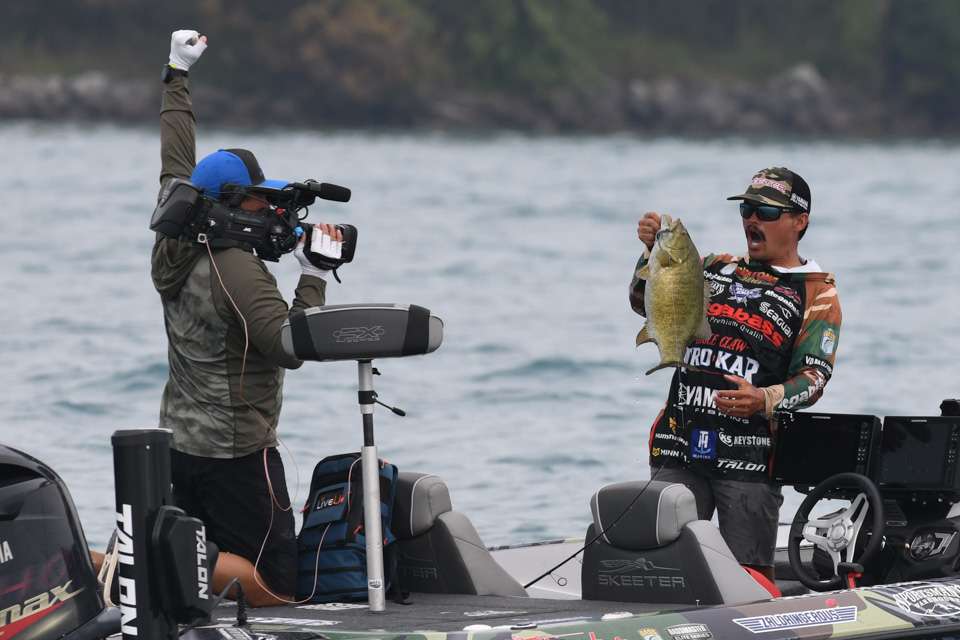
Every angler wants to get out on the water and start casting. It’s natural, but it’s also inefficient unless you do your preparation first. Here are my thoughts on the matter…
The first thing you need to do is to take stock of the fishery and the season as well as the weather. That should give you an idea about what kind of tackle you’ll need when you start fishing — rods, reels, line, terminal tackle and lures.
Take the time to set up your tackle properly. Make sure your line is in good shape, that it’s the right kind and that it’s the proper test weight for what you intend to do out there. Retie all of your knots. Make sure your hooks are sharp. Every outfit you think you’ll use that day should be in tiptop shape.
That kind of preparation is what sets professionals apart from some recreational anglers. We spend almost as much time on our tackle as we do actually fishing, and we don’t do it for the heck of it or because we like to play with it.
We do it because we know that when everything’s in good shape we can relax and spend our energy on finding bass. There’s no wasted time looking for a bait or messing around with a knot we don’t like.
Example: If I see a bass bust on top, I reach for the topwater plug I want to throw its way. I don’t have to wish that I had one tied on or worry that I have fluorocarbon spooled up instead of monofilament or braid. If I do have to think about those things, it’s probably too late to catch it. It’s down and no longer within reach.
Don’t forget about developing a storage system in your boat, either. Do not spend your time looking for something you know you have but that you can’t find. And don’t copy what some pro does with his storage system. Make your own decisions. Do what works for you.
It’s also best to do that same kind of preparation at the end of the day. Almost every pro I know makes whatever changes are necessary based on what he learned that day as soon as he pulls his boat out of the water. You should do the same thing.
And he does it before he goes to dinner, takes a shower or relaxes. He’s just as tired and hungry as anyone else, but he knows that he has to take care of his tackle first. It doesn’t work to put it off. He does it when it needs to be done, while everything is still fresh in his mind.
The kind of preparation I’m talking about is just as important for those anglers who are fishing for fun as it is for those of us who are fishing for money. So here’s my advice to every angler out there regardless of your skill level: You can’t catch them consistently unless you’re prepared, and that starts before you go fishing.
Do it, and do it now.





